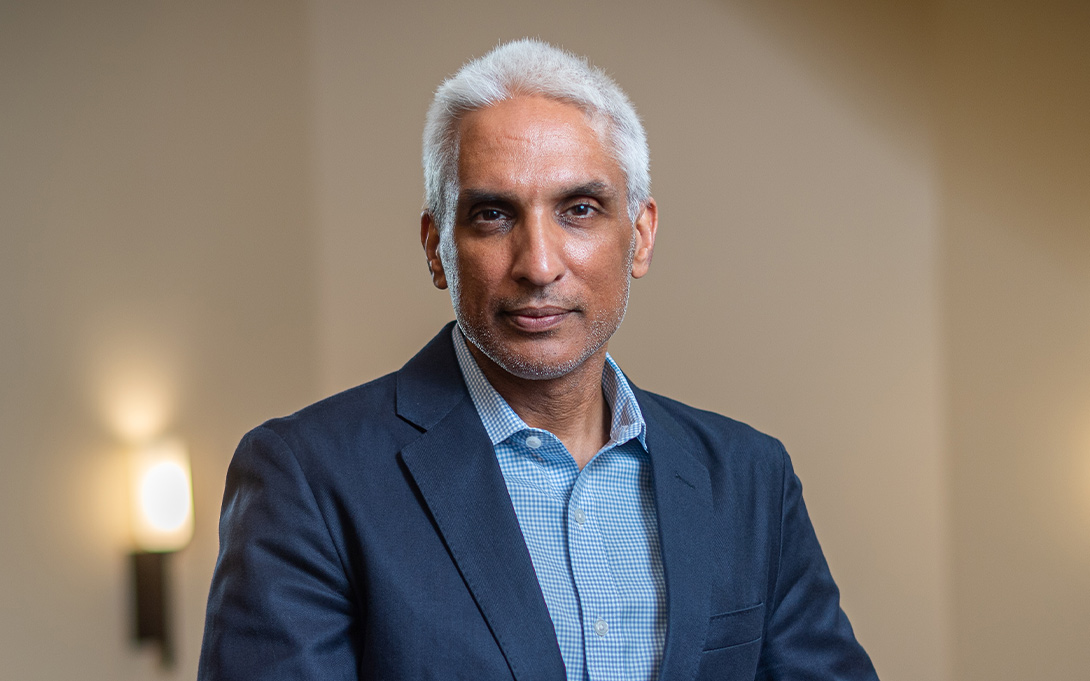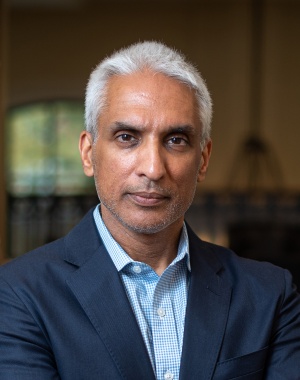
The Biden administration's recently released domestic counterterrorism strategy has drawn criticism from some counterterrorism experts. Javed Ali, incoming associate professor of practice, co-authored a commentary with Thomas S. Warrick, nonresident senior fellow with the Middle East programs group at the Atlantic Council and the Director of the Future of DHS Project, critiquing the strategy for its similarities to international counterterrorism plans.
Domestic terrorism, Ali and Warrick claim, is much more difficult and complex to contain for three reasons.
"Domestic terrorism’s danger stems from ideologies with roots in divisive chapters of American history," they wrote. "Unifying the country against white supremacism and violent strains of anti-government behavior that drove the January 6 attack on the Capitol will be harder—because the extremists are our fellow Americans."
It was easier to unite against foreign terrorists because they were usually not American citizens, Ali and Warrick explain.
"Second, defeating terrorists abroad was largely the mission of the U.S. military and intelligence communities, supported by diplomacy, homeland security, and law enforcement," the co-authors continue. "Defeating domestic terrorism is not a U.S. military mission, but will take coordination of law enforcement and homeland security departments, respect for constitutional rights, and will rely crucially on state and local governments, some of whose legislatures may not be fully committed to the cause."
An additional concern of Ali and Warrick is who will lead the charge: the Attorney General, Director of the FBI, or someone else? Further, how will they measure success?
"Military and civilian counterterrorism professionals—including the two of us—argued we could not just kill our way to victory against al-Qaeda and ISIS," they wrote. "Do we measure victory against domestic terrorism by the number of arrests—if not, what is the right metric for victory?"
Finally, the two counterterrorism experts call for more support.
"The most important step sounds prosaic but is absolutely vital: this strategy will need more money and people to succeed," Ali and Warrick wrote. "Additional funding will go a long way towards determining success. A good strategy alone doesn’t tell us victory’s sticker price."
Ali and Warrick's piece was originally published in Defense One. Read the entire piece here.
